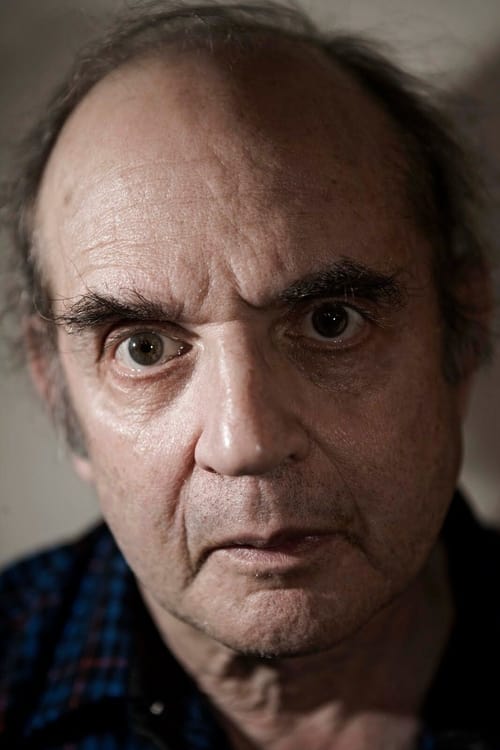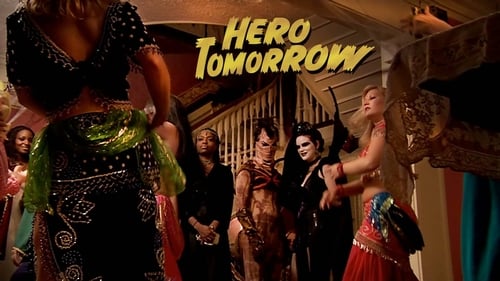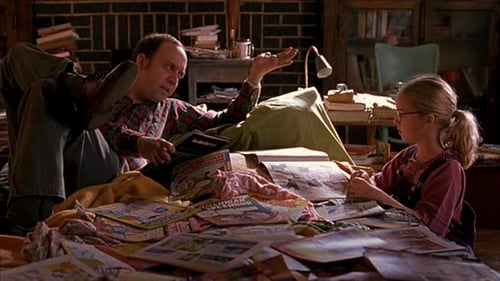Harvey Pekar
Nascimento : 1939-10-08, Cleveland, Ohio, United States
Morte : 2010-07-12
História
From Wikipedia, the free encyclopedia.
Harvey Lawrence Pekar ( October 8, 1939 – July 12, 2010) was an American underground comic book writer, music critic and media personality, best known for his autobiographical American Splendor comic series. In 2003, the series inspired a critically acclaimed film adaptation of the same name.
Pekar described American Splendor as "an autobiography written as it's happening. The theme is about staying alive. Getting a job, finding a mate, having a place to live, finding a creative outlet. Life is a war of attrition. You have to stay active on all fronts. It's one thing after another. I've tried to control a chaotic universe. And it's a losing battle. But I can't let go. I've tried, but I can't."
Description above from the Wikipedia article Harvey Pekar, licensed under CC-BY-SA, full list of contributors on Wikipedia.




